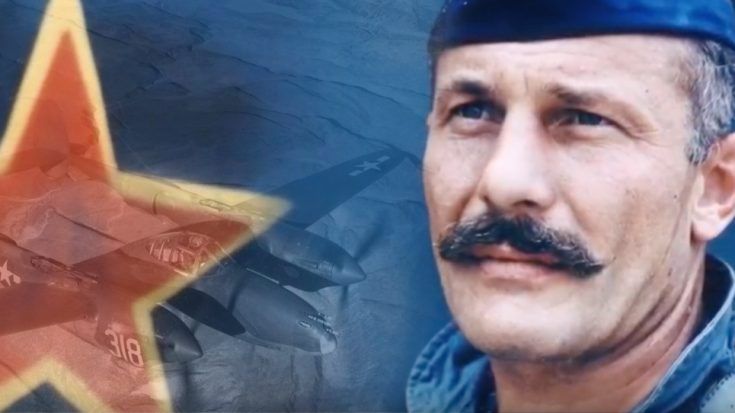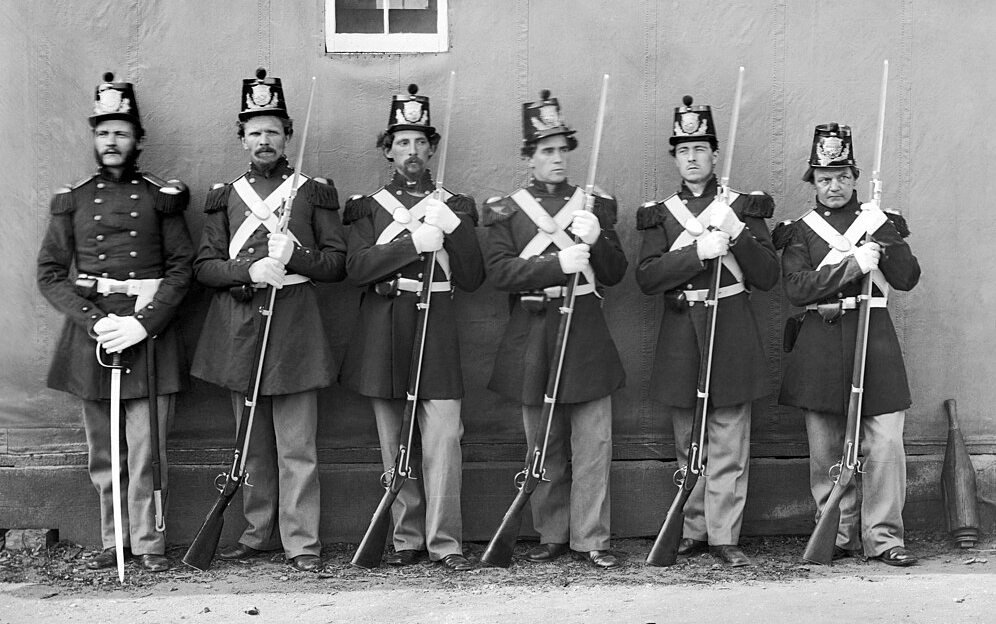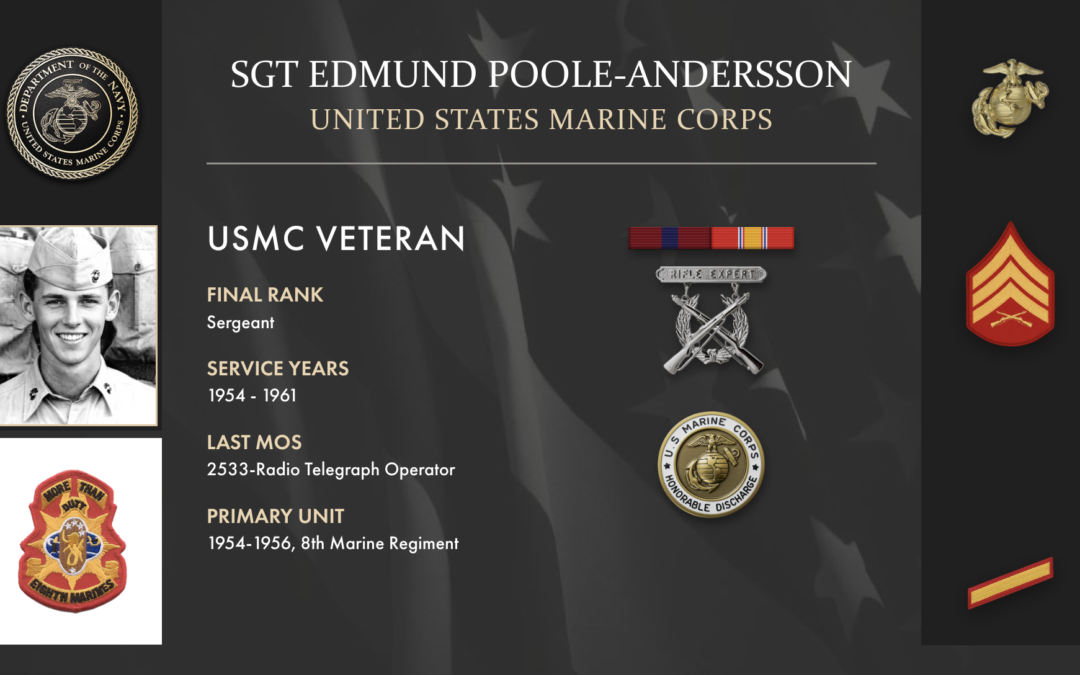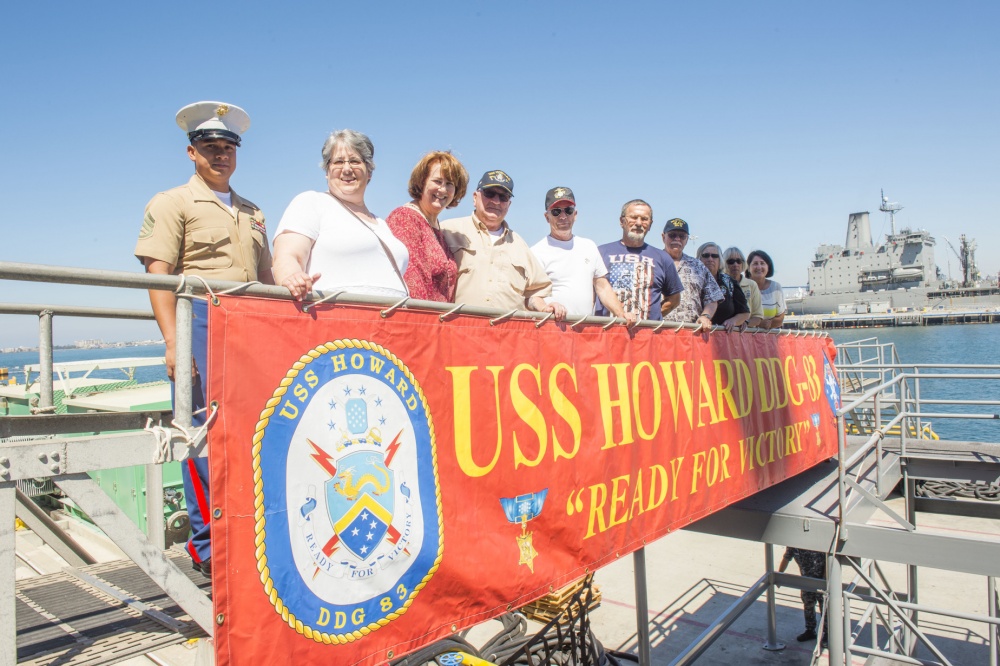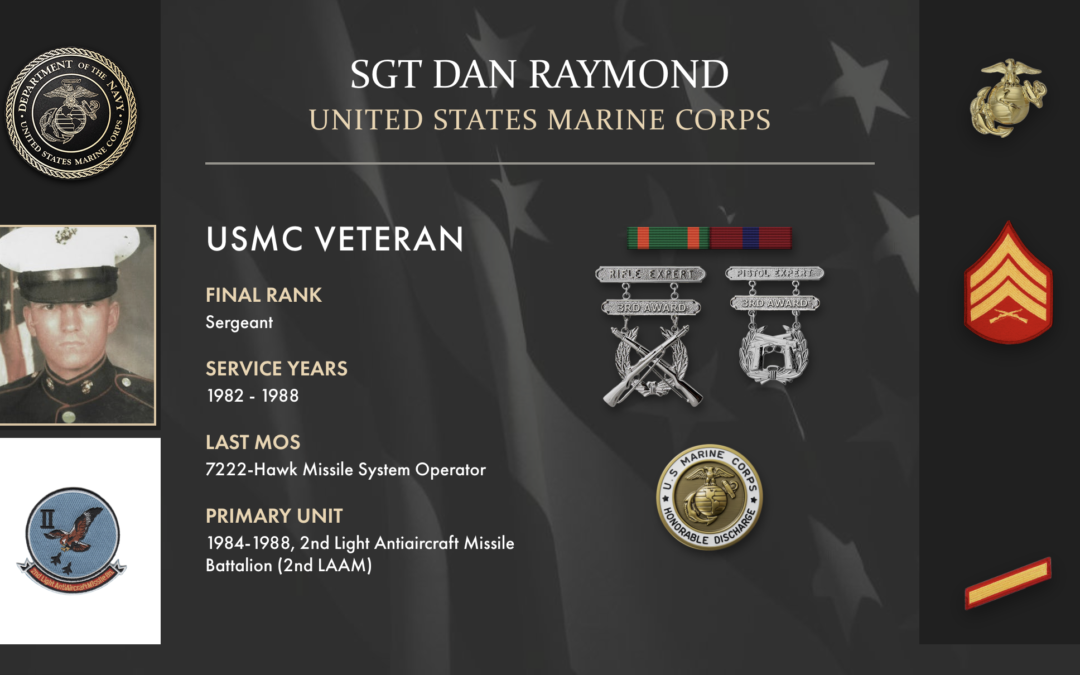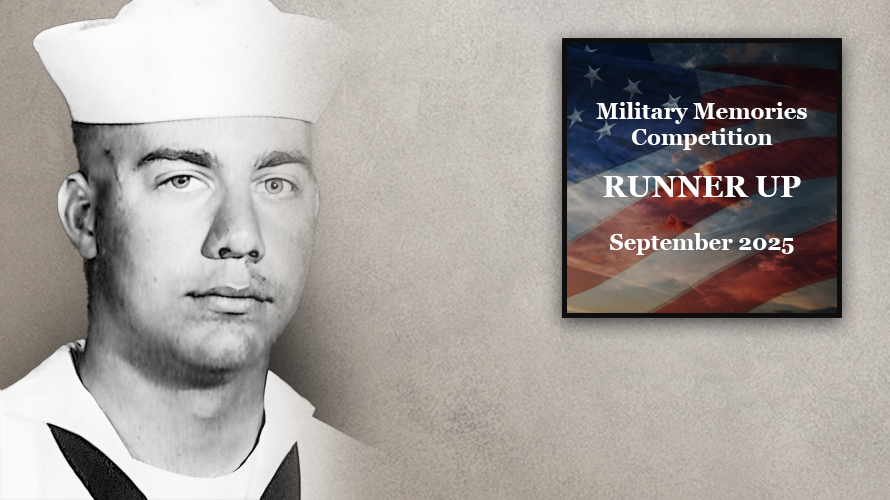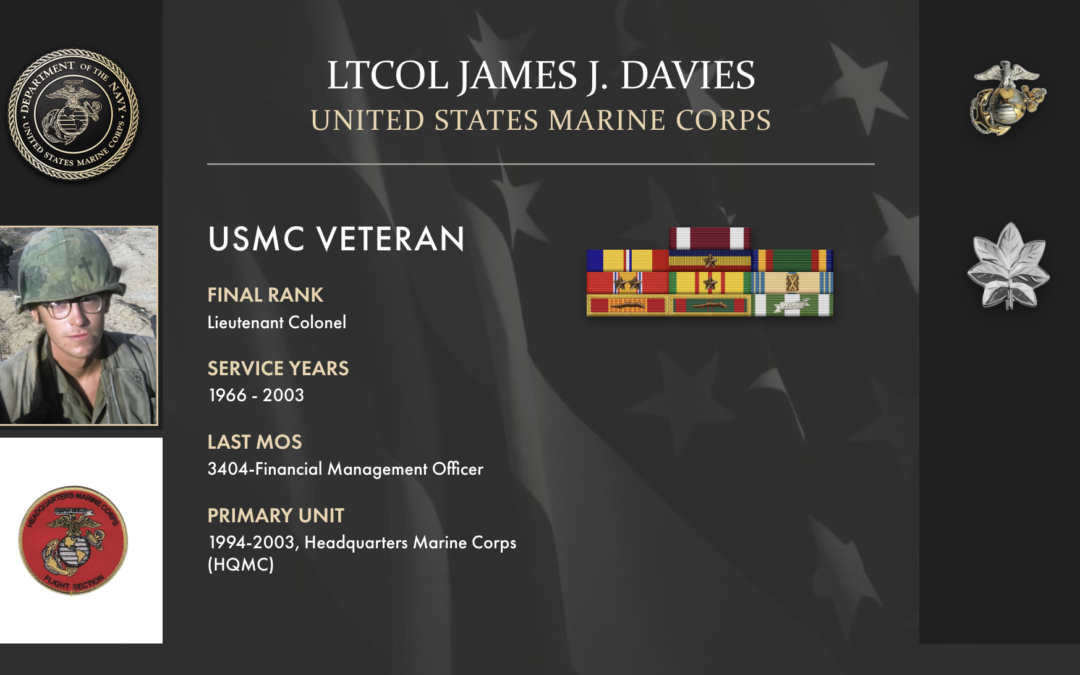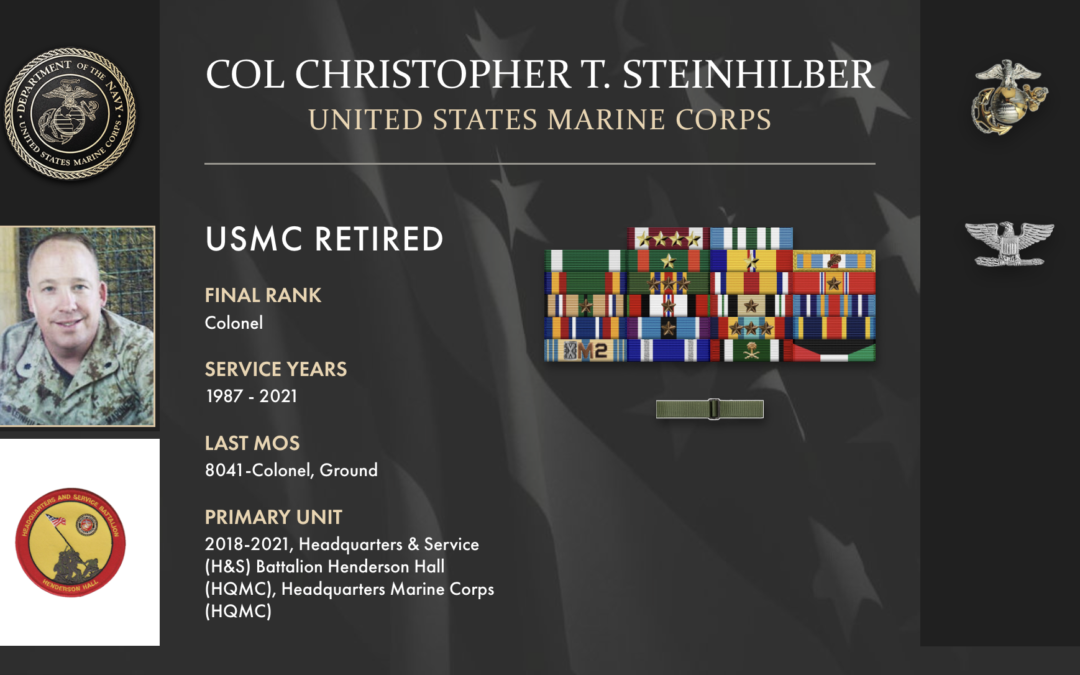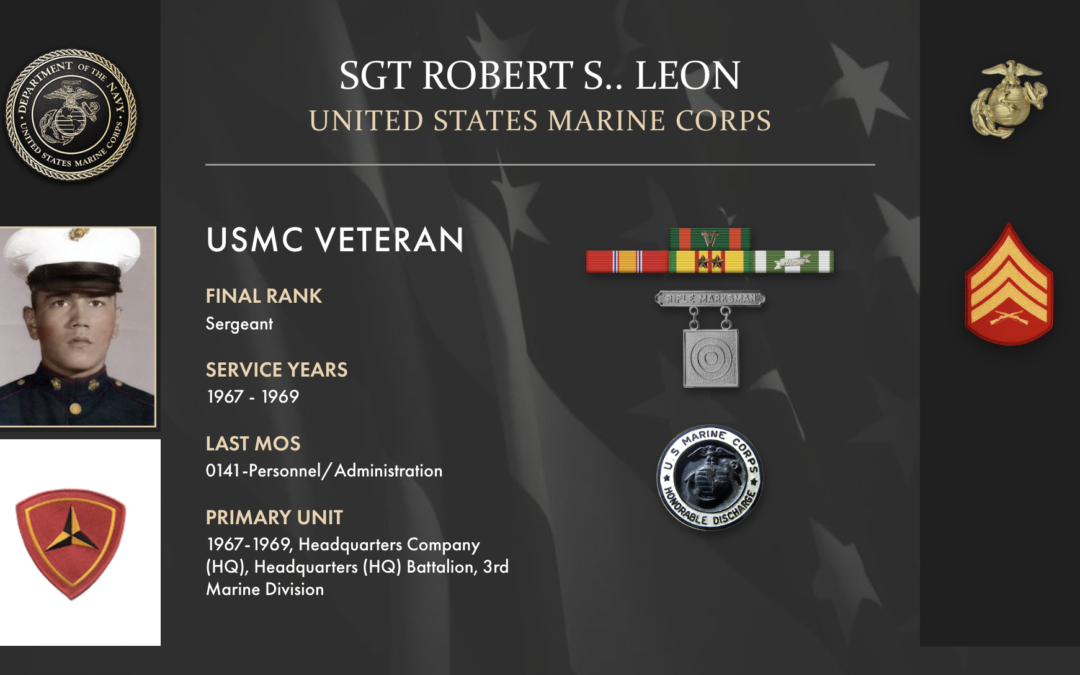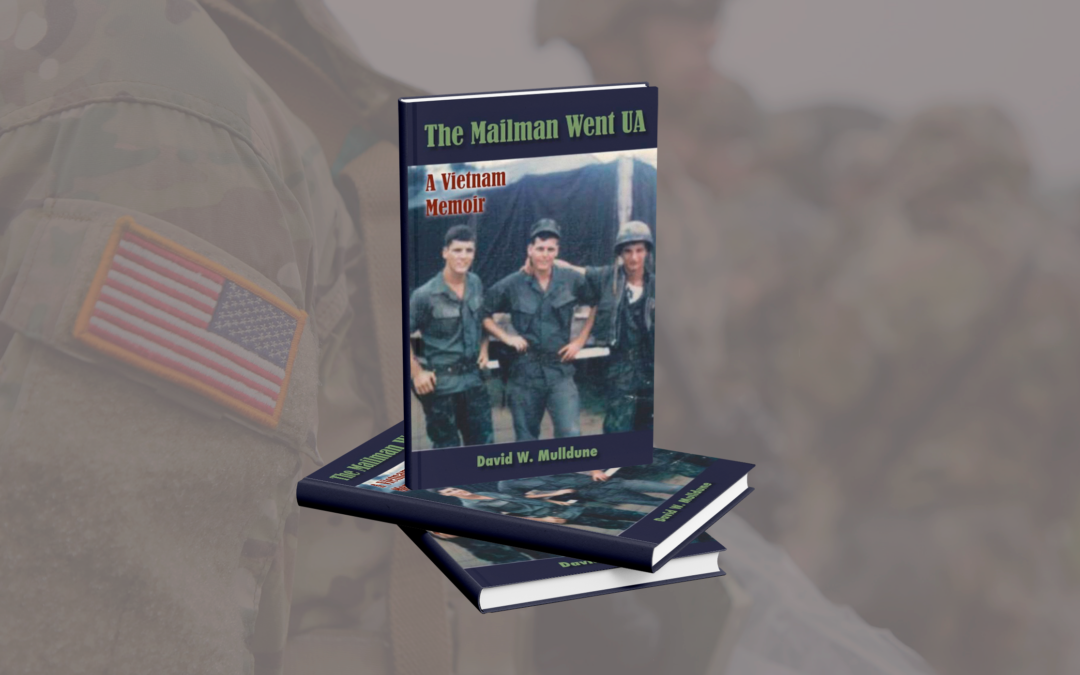Fighter pilots used to say that there was a glass case in the Pentagon building to the precise dimension of then-Colonel Robin Olds, who would be frozen in time and displayed wearing his tank-less flight suit, crashed fore and aft cap, gloves, and torso harness with .38 pistol and survival knife. Beside the case was a fire ax beneath a sign reading: "In case of war, break glass." Born for War and Raised to Fly It was something of an exaggeration, but it contained an element of truth: Robin...
